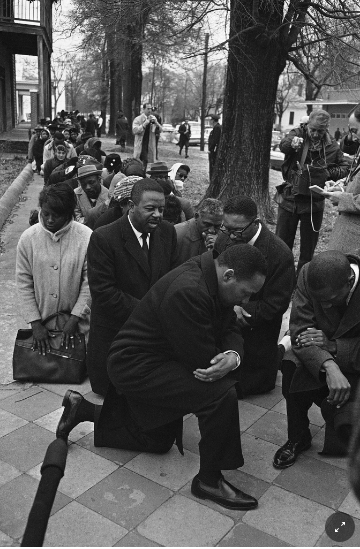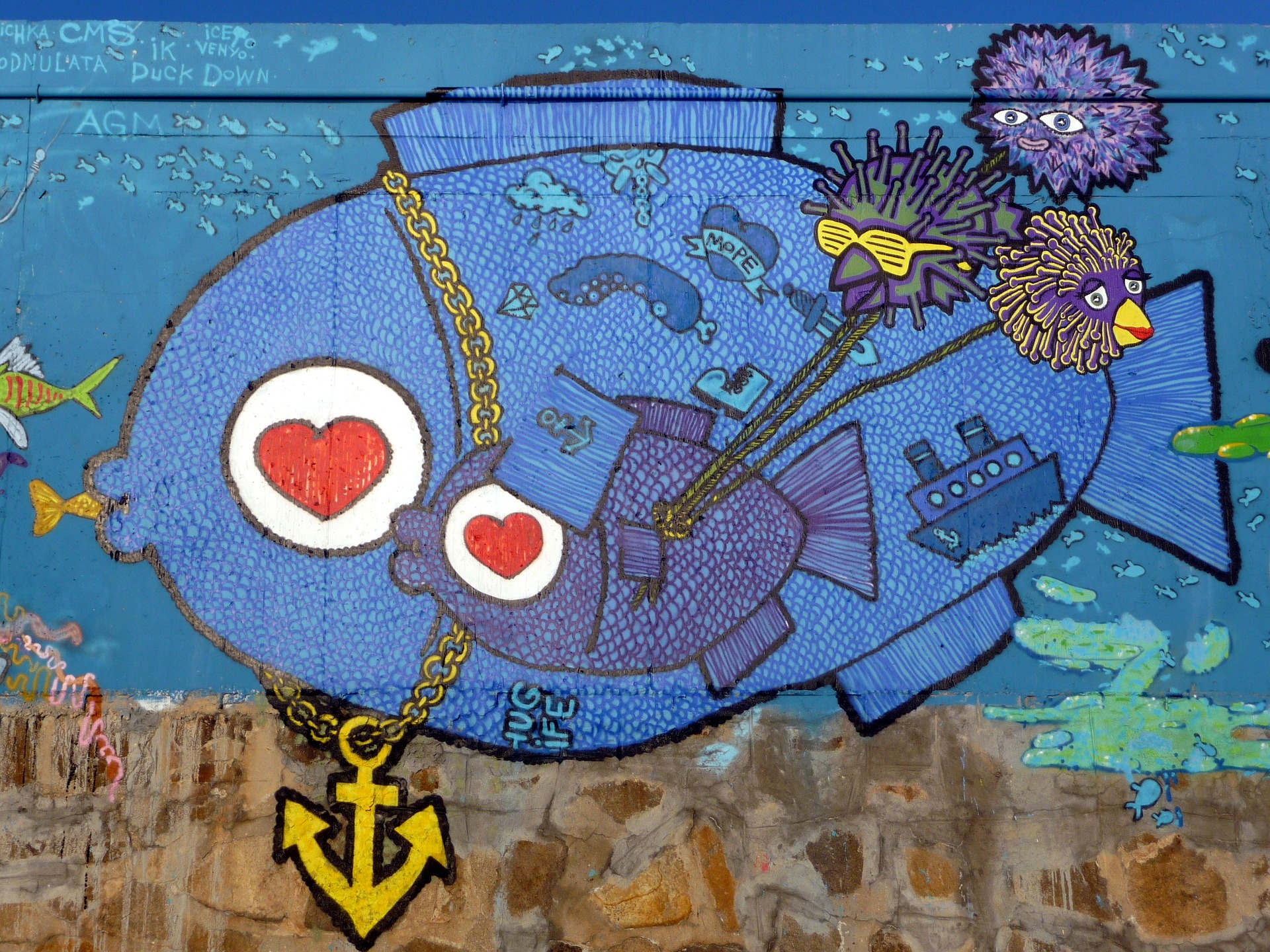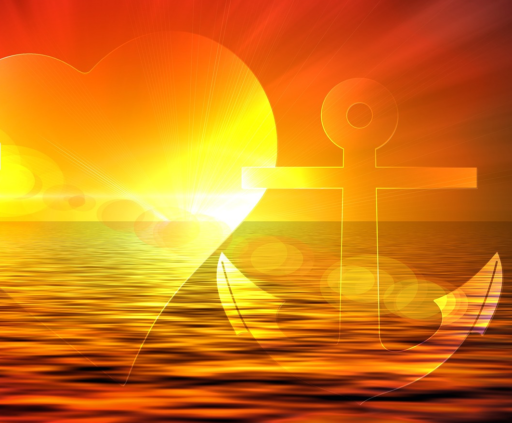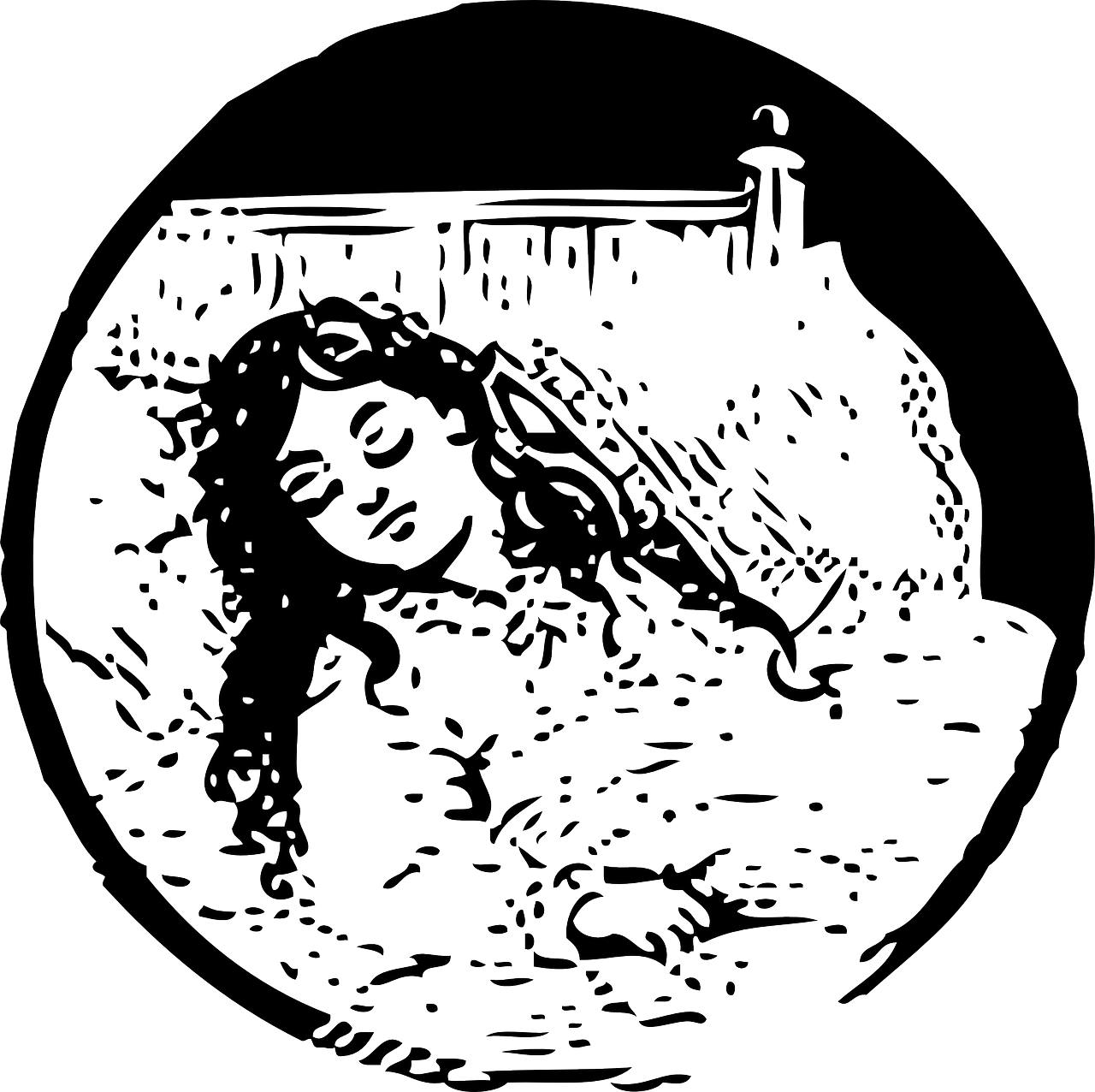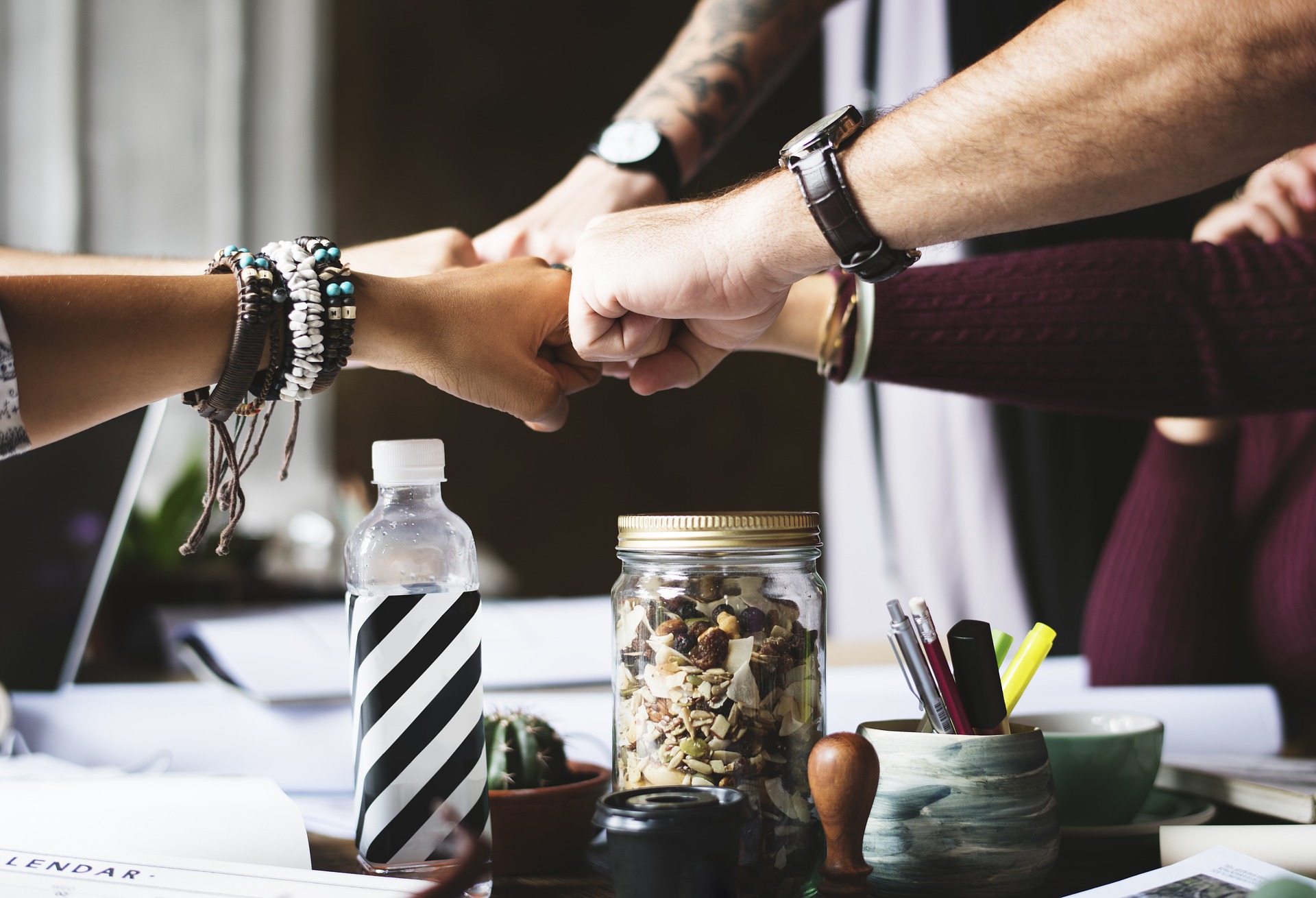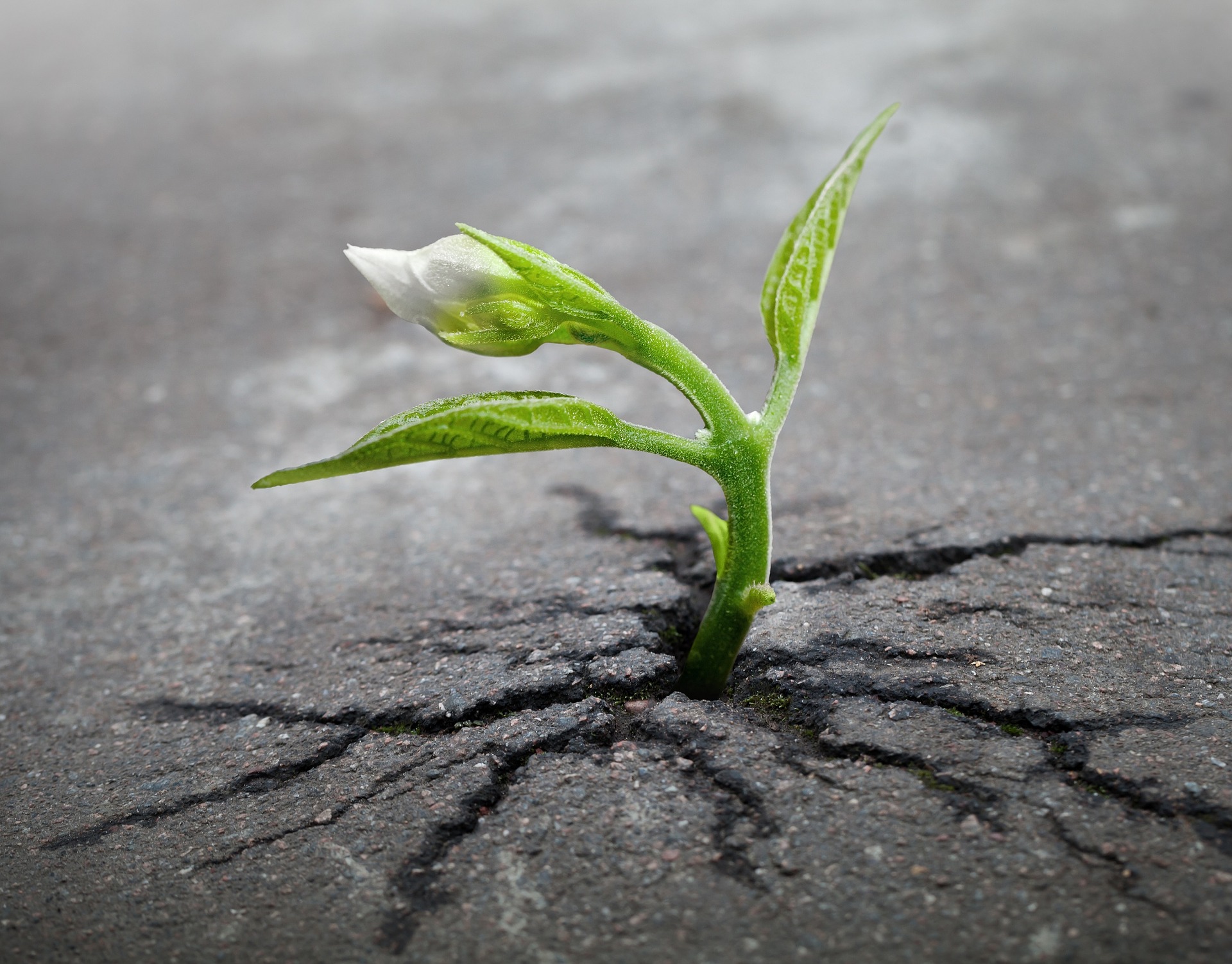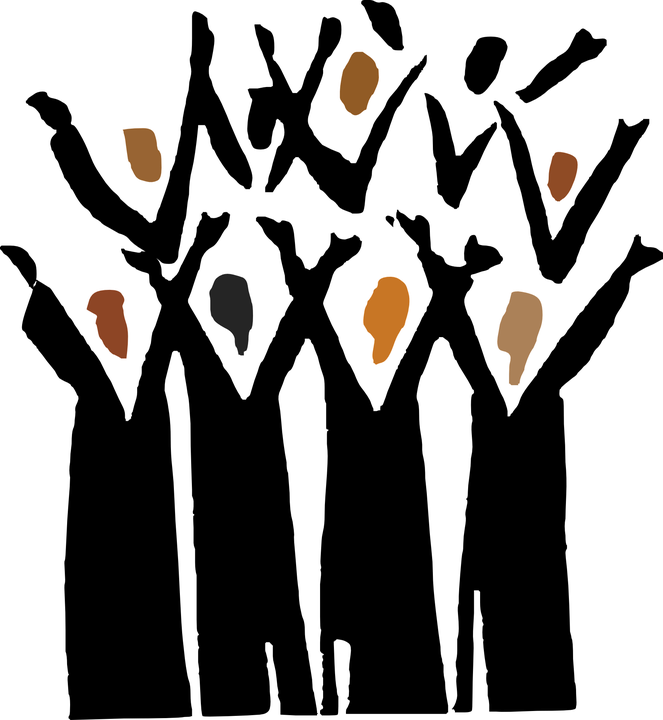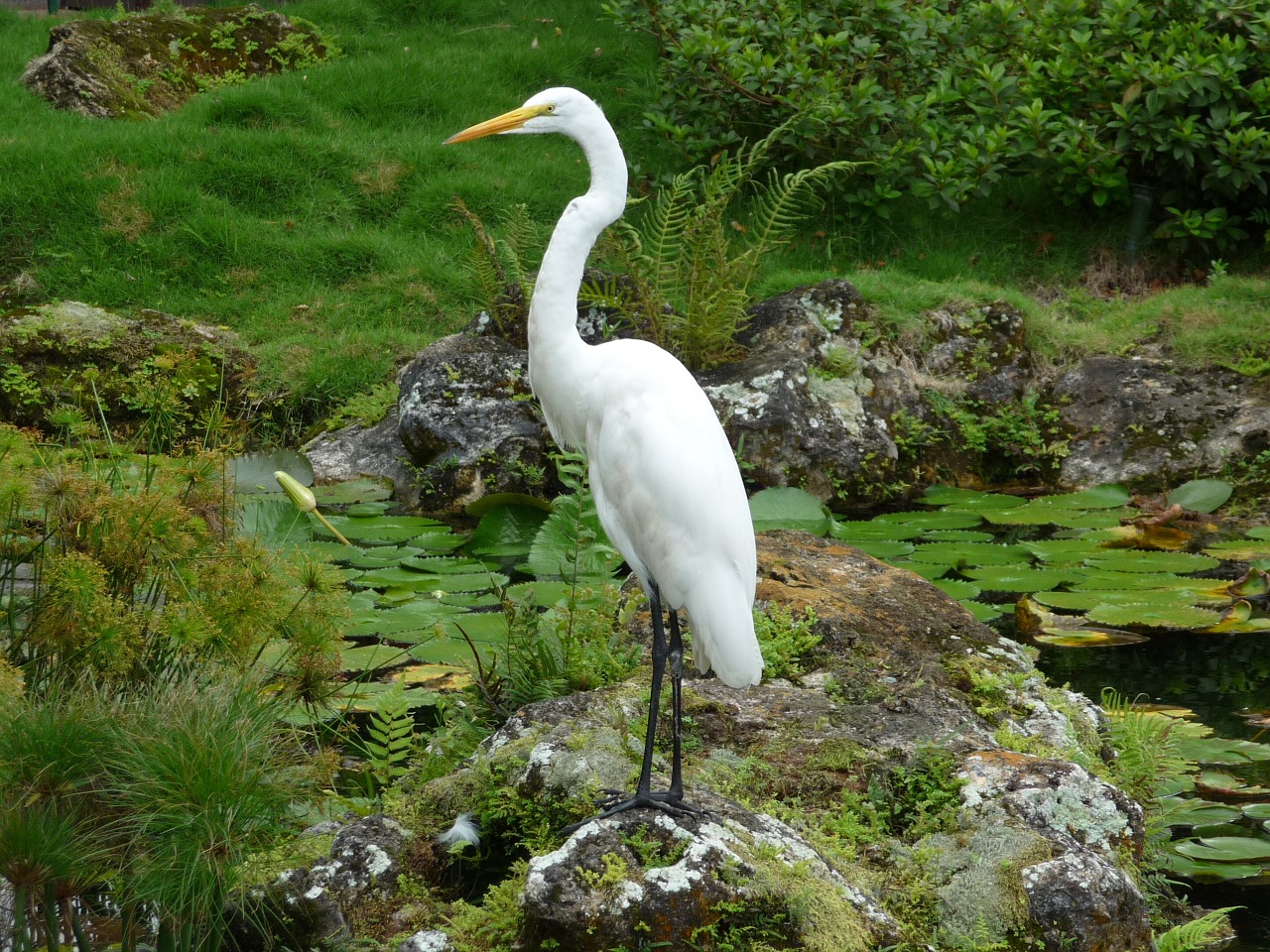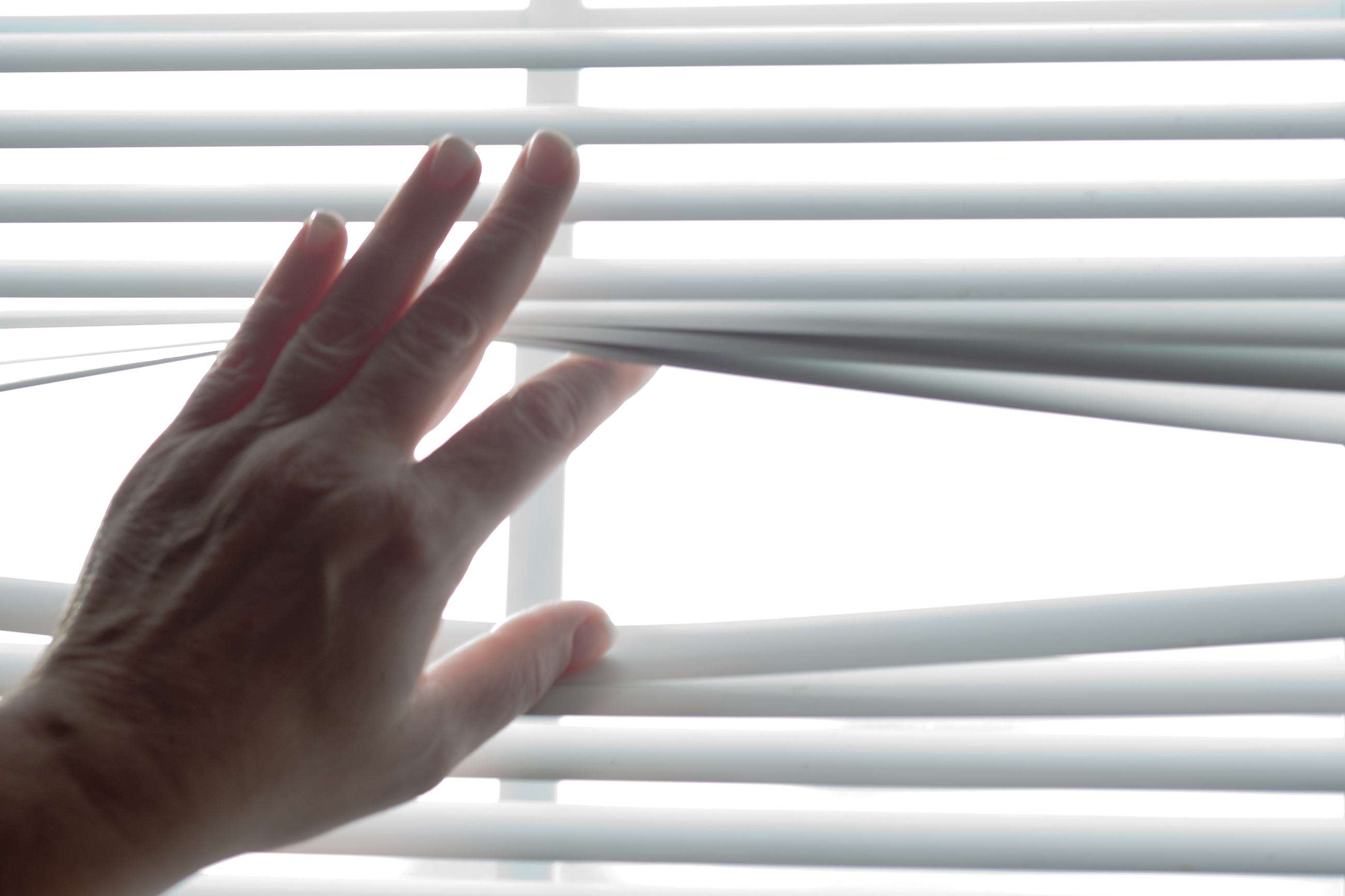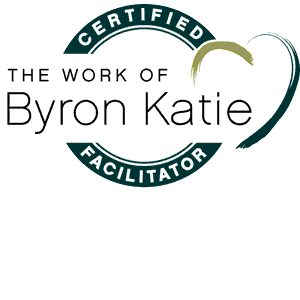The courage to tell the truth and then to live it is at the beating heart of my understanding of feminism. I can still clearly recall the precise moment that this knowledge was born.
I was a newly married 21-year-old who had moved from the Midwest of the early sixties, through a time warp and straight to the hive of the counter culture that was Eugene, Oregon in 1969. The university town was becoming a growing refuge for a motley collection of hippies and yippies and draft-dodgers. Many of them had fled north to get away from the dark aftermath of Haight-Ashbury’s famous Summer of Love.
I, on the other hand, was just fleeing my sorority in the Midwest.
On our first day in Oregon my brand-new husband George and I were unpacking our wedding gifts and settling into our first apartment when a scruffy-looking guy came up the stairs to introduce himself. …and to check me out. Somehow I was surprised because I had thought that marriage was going to change all that, to keep me in a safe bubble. A couple of days later he showed up at my door when I was alone. But George happened to show up about that time, and my “admirer” did a quick about-face.
About a month later, Vanessa, one of my new friends, was raped as she was walking alone on campus at night by someone who jumped out of the bushes at her. Within the next week the same thing happened to two more female students. Vanessa was already a timid and shy person, but now she was even more quiet and withdrawn. Our small group of graduate students made sure she never walked alone. One evening while I was walking her home from dinner, I stopped to say hello to my downstairs neighbor and “admirer.” My friend kind of shrunk, becoming almost invisible. When we got home, she said that “that guy” seemed eerily familiar, that he might even be the perpetrator. She agreed to go to the police. We were there for several hours. They took polite notes but said they couldn’t go further “because the other two victims had already left for Christmas and couldn’t be interviewed.” We never heard anything back. As far as I know, the case went unsolved.
This is one of my many “me too” stories, but it’s also a kind of “her too” story. Or an “us too” story, as I soon discovered.
Women’s Rally for NOW, the poster said. Something about it caught my attention, some unresolved feeling left over from my friend’s rape. This was that new group I had vaguely heard about. I was no “women’s libber,” a label the people around me had always used with an eye-roll. But something about the poster, on the heels of my friend’s rape, beckoned me to move straight out of my comfort zone.
I went to the rally by myself because I was pretty sure that men weren’t invited. Never before had I been in such a large group composed entirely of women, and these women were so loud. I wasn’t so sure how I felt about the word “oppression,” but when these women gave true-to-life examples of women’s victimization, I just knew these things. Then some of them started talking about men as “chauvinist pigs.” But there was a funny feeling in my body, like something was popping. It was a bodily sensation that started in the bones and seemed like truth. Each time a new example of the social injustice of being a women was described, I felt the same feeling.
A flush of realization took over. What I saw in bold relief, was the oppression in my own mind. I could see so clearly how I had shrunk to fit the people around me my whole life. And there were other ways I tripped over myself, too. And I couldn’t put it all on “them.”
It was “me,” too. Somehow I knew that THIS was also a part of what needed to change. I knew clearly that I could do something about this, starting right then. All I knew was that the voice inside my head was strong.
I’m not a mic-grabbing kind of gal, but something was different that night. My voice shook, a reverberation that started with my knees and moved up. I was sure what I had to say wouldn’t be popular. But when someone handed me the mic, I said whatever needed to come out. I talked about my own internal obstacles, and made the commitment to starting with my life and cleaning up the ways I sabotaged me, before I started blaming the men in my life. The crowd cheered. Right on, Sister! I was stunned at their response. I had expected an argument. All I knew then was that something was happening, and I was a part of it.
I’m pretty sure I had never heard of the “personal is political” idea, which came to define the “second wave of feminism” which began that year. I’ve since learned that this move toward awareness was happening all around the country at the same time, like seed pods popping. The consciousness-raising groups that followed were “me too” groups, but we were all in the same room. Geographically limited compared to a Facebook movement, but it had its advantages. We told our stories. We held each other’s hands. We also held each other’s feet to the fire, naming and questioning the internal obstacles to being a Strong Woman. Assertiveness groups were born.
Since that day I’ve been in more consciousness-raising groups than anyone I know. And those groups were followed by other women’s circles, book groups, spiritual growth groups, and artists’ and writers’ groups: probably twenty in the last fifty years. I created classes on women’s history and literature studies at high schools. During my 25-year career as a teacher I listened to hundreds of young women. So by now I have heard thousands of stories from women of all ages, describing the ways they have been discounted or humiliated by men.
But what I noticed is that sometimes in the telling and re-telling, people didn’t seem to move on. As they repeated their story, they seemed to rehearse a plot with themselves as victims. All the energy that could be used for real change, to create powerful lives, got lost. They were shrinking to fit.
This is a price that we can’t afford to pay at this time in history. The time is right for abuses to be named and for abusers to be exposed. As we tell our stories and stand together we stand taller. But the vital question is this. Where to go from here? Will the Force within us and among us give us the personal strength to step out, to keep going, to question and change a culture that shapes us in so many ways to lose our inner knowing and strength? Will we make this work so important that we will have the strength that we never admitted to before, starting inside ourselves and manifesting in how we show up in the world? Will we then continue to be moved to act as one, a force of survivors?
Yes. We do need to tell our “me too” stories. This is how we are becoming an “us too,” a collection of women and men who will demand respect for all. We will run for office, we will support our sisters. We will stand tall… taller… together.
And, most important, we will not shrink to fit.
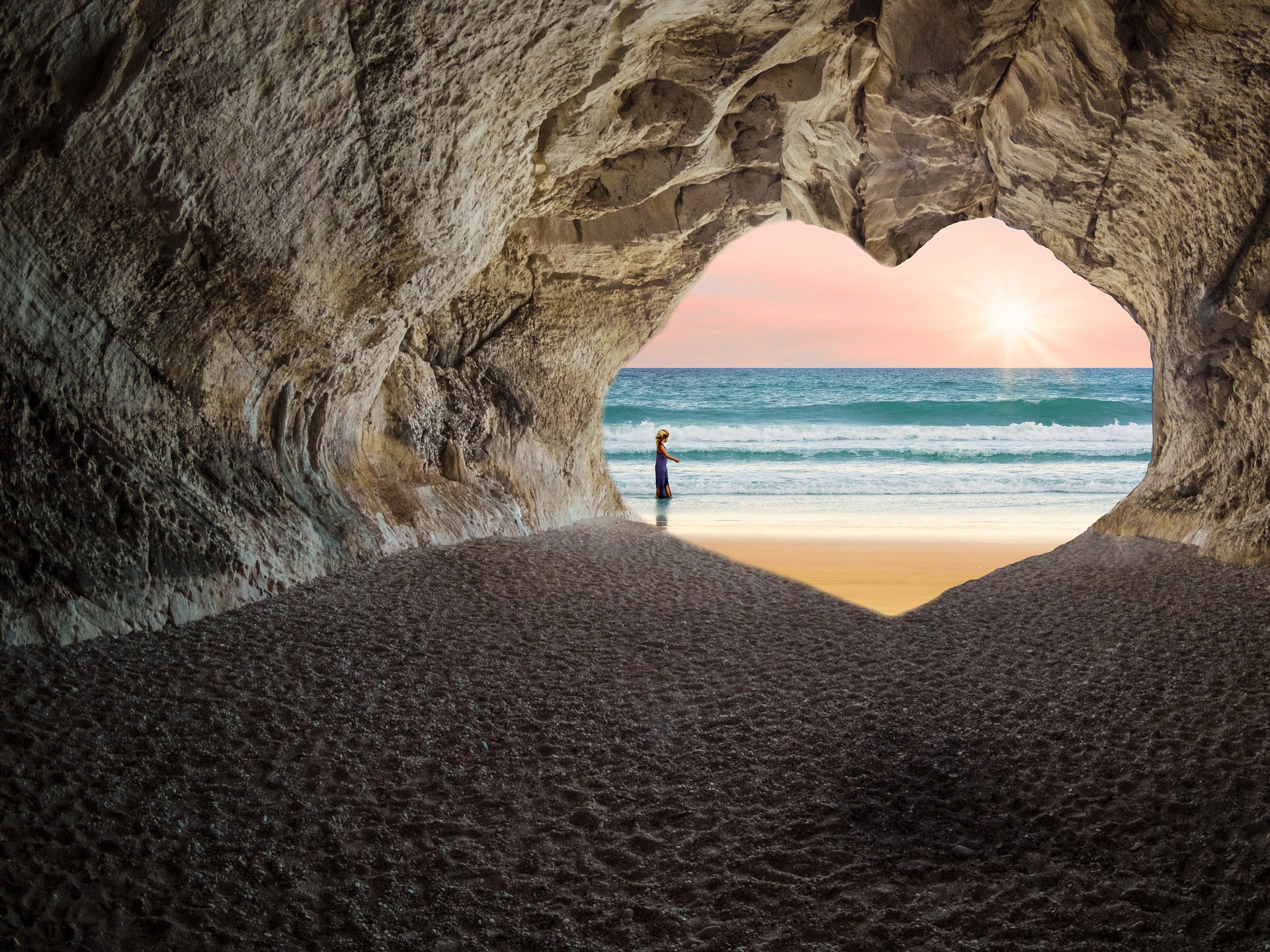
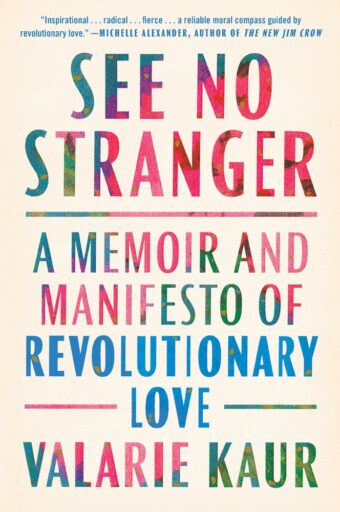 See No Stranger: A Memoir and Manifesto of Revolutionary Love by Valaurie Kaur
See No Stranger: A Memoir and Manifesto of Revolutionary Love by Valaurie Kaur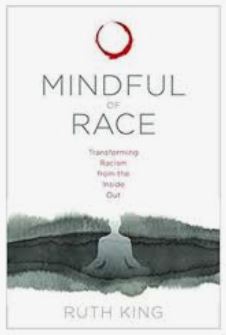 Mindful of Race by Ruth King
Mindful of Race by Ruth King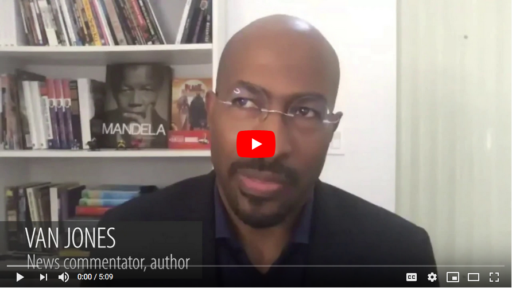 Van Jones on Racial Justice (Youtube): “A continent of new common ground has emerged and we don’t know what it is…” A moving five-minute clip about the meaning of these moments.
Van Jones on Racial Justice (Youtube): “A continent of new common ground has emerged and we don’t know what it is…” A moving five-minute clip about the meaning of these moments.